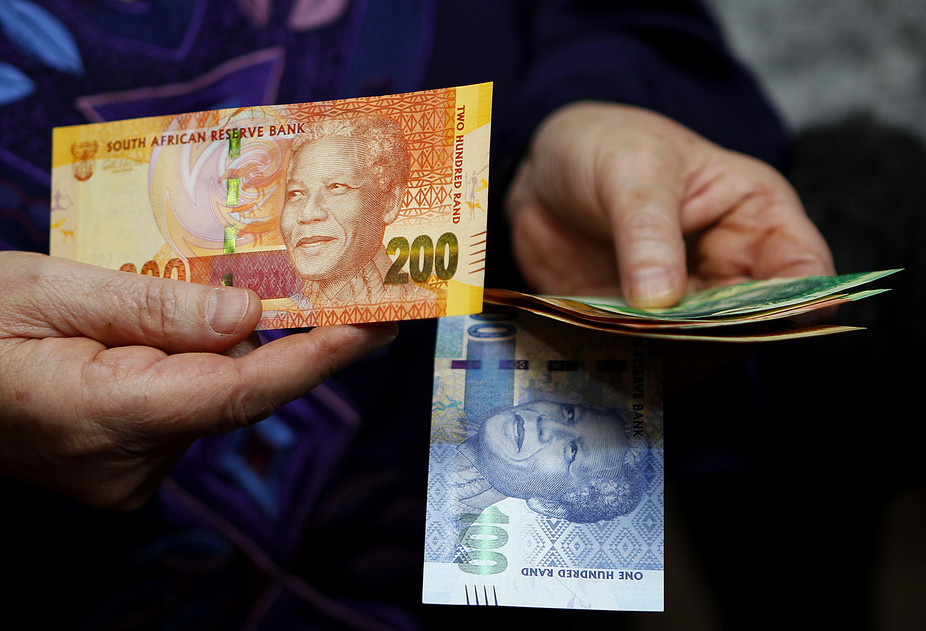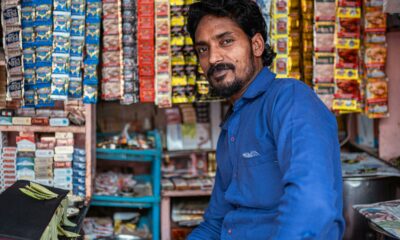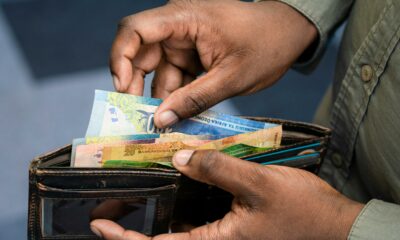411
Why Most South Africans Still Prefer Cash in a Rapidly Digitising Economy

In a world that’s rapidly embracing digital payments, South Africa stands apart. Despite the sharp rise in digitisation, most South Africans still prefer cash — and the reasons behind this choice say a lot about the country’s economic and social dynamics.
Cash Is Still King in South Africa
New data shows that cash transactions remain steady, even as digital payments gain traction in wealthier communities and formal businesses. Standard Bank’s Nthabiseng Mohale says that around R171 billion in physical currency has been in circulation since 2009 — a figure that hasn’t changed much in over a decade.
“Cash remains deeply embedded in the country’s consumer psyche,” says Mohale.
But why does the preference for cash remain so strong?
Trust, Privacy and Control
One of the most telling reasons is lack of trust in the banking system. Many South Africans are wary of hidden banking fees, automatic debit orders, and financial surveillance. There’s a strong belief that money in a bank account isn’t truly ‘yours’ — and may attract unwanted attention from institutions like SARS.
With roughly 45% of adults receiving SASSA grants, some individuals are hesitant to have additional income reflected in their accounts. Keeping it “off the books” avoids questions and reduces the perceived risk of grant reductions or taxation.
Cash Fuels the Informal Economy
Another major reason is the dominance of informal businesses and spaza shops, many of which still don’t accept cards or mobile payments. Without access to formal point-of-sale infrastructure, cash remains the only practical option for millions.
In fact, the SARB reports that around half of all working adults withdraw their entire salaries as soon as it lands in their accounts.
Retail Split: Card vs Cash
Interestingly, there’s a divide in how South Africans shop:
-
In wealthier suburbs, more retailers are going cashless.
-
In lower-income areas, the opposite is true — cash is essential.
This means there’s still a massive volume of cash circulating, far more than in other emerging economies. For those who rely on stokvels or community savings schemes, cash is also a preferred method of contribution and withdrawal.
Digital Growth Is Real — But Not Inclusive
It’s true that digital payment usage is growing by around 8% annually, and it offers obvious benefits like safety and convenience. However, many South Africans remain cautious, valuing the tangibility and control that cash offers.
For a large segment of the population, cash equals freedom — freedom from debt traps, from digital errors, and from systemic oversight.
South Africa’s cash culture isn’t going away anytime soon. While digital banking grows, cash still holds emotional, practical, and economic value for millions. Understanding why helps policymakers, retailers, and banks build better, more inclusive financial systems.
{Source: The South African}
Follow Joburg ETC on Facebook, Twitter , TikTok and Instagram
For more News in Johannesburg, visit joburgetc.com



























